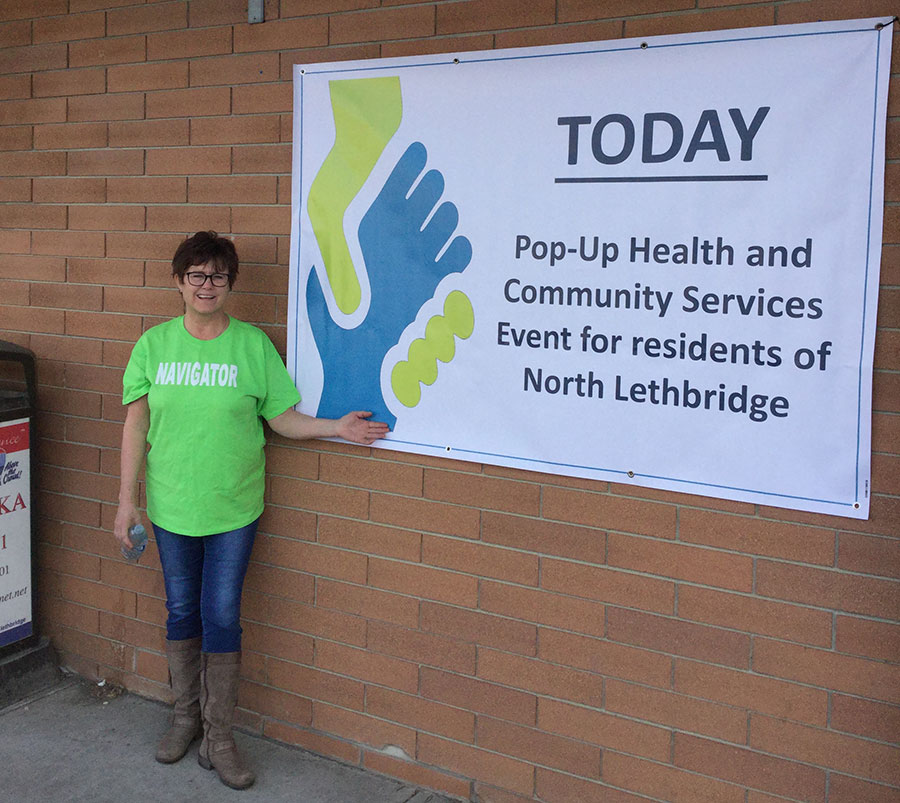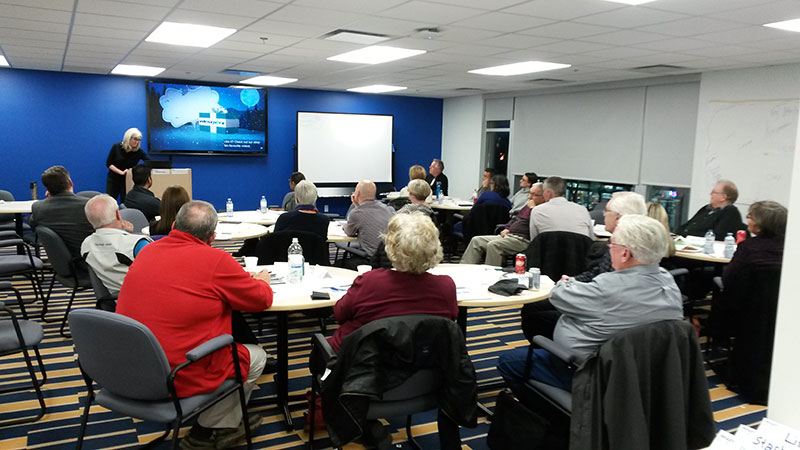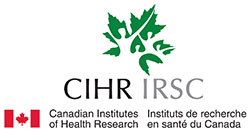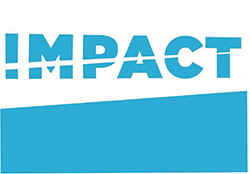This is the first in a series of brief papers designed to share lessons learned from a five-year community-based primary healthcare innovation project. In this paper, we describe the popup intervention designed to enhance access to primary healthcare for vulnerable populations in North Lethbridge, Alberta.
Innovative Models Promoting Access-to-Care Transformation (IMPACT) was a fiveyear (2013-2018), CIHR-funded participatory research project to enhance access to primary healthcare (PHC) for vulnerable populations. Local Innovation Partnerships (LIPs) were developed in communities where access issues were identified. Set in three Australian states (New South Wales, South Australia and Victoria) and three Canadian provinces (Alberta, Ontario and Québec), each LIP was created to (1) identify vulnerabilities and access issues faced by local communities and (2) design and implement an innovative intervention to enhance access to care. To learn more about IMPACT visit www.impactresearchprogram.com
Introduction
This series of brief papers is designed to share lessons learned from a five-year community-based primary healthcare innovation project. Our underlying purpose in this work was to explore how community-based approaches can contribute to enhancing access to care for people who are underserved by, and struggle to connect with, primary healthcare services. These services were broadly defined as first point of contact services in a local community that assist people to maintain, regain, and/or improve their health.
In each of these papers we will introduce topics that we now recognize as central to success. Through them, we will provoke discussion about how committing to a participatory community-based approach fundamentally challenges assumptions. In our work, those assumptions included ideas about approaches to primary healthcare transformation and implementation, addressing complexity (i.e., system and individual level), and redefining what we mean by access.
Through these introductory papers, it is our intent to generate interest and momentum for change and stimulate discussion about the power of engaging communities in finding solutions to long-standing, complex health and social problems.
Why we did this…
Enhancing “access” to service is a key consideration in the drive to deliver effective primary healthcare and social services. Despite a sustained focus on increasing access to these services, there has been little evidence of significant and sustained change that improves the quality of care for people who, for a variety of reasons, experience limited access. Commonly, the approach to change involves:
- In-depth analysis of the issue to be addressed
- Comprehensive planning for change
- Extensive redesign of physical spaces, policies and processes
- Comprehensive (re)training of staff prior to implementation
And yet, when it comes to access, we continuously tinker around the edges of change (i.e., changing a program, altering processes) without being able to demonstrate sustained change for the populations served. For more information about the definition of access, see Defining access to comprehensive care: the role of meaningful relationships.
The Innovative Models Promoting Access-to-Care Transformation (IMPACT) research program is a five-year, CIHR funded, initiative aiming to co-create models of care that enhance access, specifically for vulnerable populations. Set in three Australian states (New South Wales, South Australia and Victoria) and three Canadian provinces (Alberta, Ontario and Québec), Local Innovation Partnerships (LIPs) represent communities with complex challenges to the delivery of primary healthcare (PHC). Although there was funding and support for design and evaluation phases, the expectation from the beginning of each project was that resources for the intervention would be generated locally.
What we did…

Based in the city of Lethbridge, members of the Alberta LIP worked with community organizations over four years to design, develop, and deliver a pop-up health and community services intervention for the citizens of North Lethbridge. This area of the city is home to several communities that face numerous barriers to connecting with primary healthcare services. The design phase involved engaging community organization leaders, services providers, and community residents in deliberative dialogues to identify the barriers faced by residents of North Lethbridge. The selected intervention was a series of pop-up health and social services events which were guided by an ecological model developed by King et al., 2012.
A pop-up is, just as it sounds, an event where services “pop-up” in different locations for defined periods of time. In this case, service providers came together in one location at one time to offer a variety of health and social services. At the Lethbridge pop-up between 20-27 service providers came together to learn about one another and apply new strategies to improve communication, connection, and collaboration while delivering services. Over two years, we delivered seven pop-up events in four different locations across North Lethbridge. Pop-ups took place from 2pm – 7pm and were located in a Seniors’ Centre, two schools, and an indigenous child and family organization. For more detail about the pop-up intervention see Starting with community: foundations for increasing access.
Design and redesign continued throughout implementation of all seven pop-ups. During and after each event, the project team sought feedback from all who participated, service providers and service recipients alike. This feedback was used to guide improvements for the next pop-up. One such improvement related to the role of navigation at the pop-up. We initially designed the events to have designated navigators who would greet people, discern their needs, and help connect them efficiently to service providers. We soon learned that this well-intended mechanism for dealing with service complexity actually introduced other layers of complexity and distance between people. In subsequent pop-ups, the role of navigation was distributed across all service providers. For a more detailed description of our navigation experience see Navigating is everybody’s role.
Our continuous improvement focus meant that changes were made not only to the way the pop-ups were implemented, but also to the model of governance. In the early stages of the project, the research team, which included community leadership, was the primary project team. When we began to implement the intervention, it became clear that we needed a different governance structure to ensure community organizations were more actively engaged in planning. This community-based participatory approach is continuing now that the research program is finished, with a Community Coalition leading ongoing evolution of the pop-up model.
What we learned…

- Community-based participatory approaches to enhancing access to primary healthcare can:
- Work towards increased access and improved care
- Challenge assumptions about needing to know the approach is “right” before implementation
- Foster a “learn as you go” approach to implementation
- Encourage design that meets the needs of service providers and recipients
- Engage service providers and service recipients in joint solution finding
- Using an ecological model to guide design and implementation facilitates improvement by shifting focus to relational changes required to improve practice while taking the emphasis off physical space requirements
- Critical analysis of core concepts such as access, navigation, vulnerability, and “care” can lead to innovative solutions to wicked problems (see Creativity in Complex Research.)
References Download all Papers
Citation
Scott C, Spenceley S, Andres C, Mallard R, Barnes J, Lundy C, Donahue S, Perrin S, on behalf of the IMPACT team (2019). Launch & Learn Paper 1: Enhancing access to primary healthcare through a pop‐up model for IMPACT (Innovative Models Promoting Access‐to‐Care Transformation). Available from https://policywise.com/services/evaluation/launch-learn/
For More Information
Cathie Scott, PolicyWise for Children & Families cscott@policywise.ca



This work is licensed under a Creative Commons Attribution-NonCommercial-NoDerivatives 4.0 International License